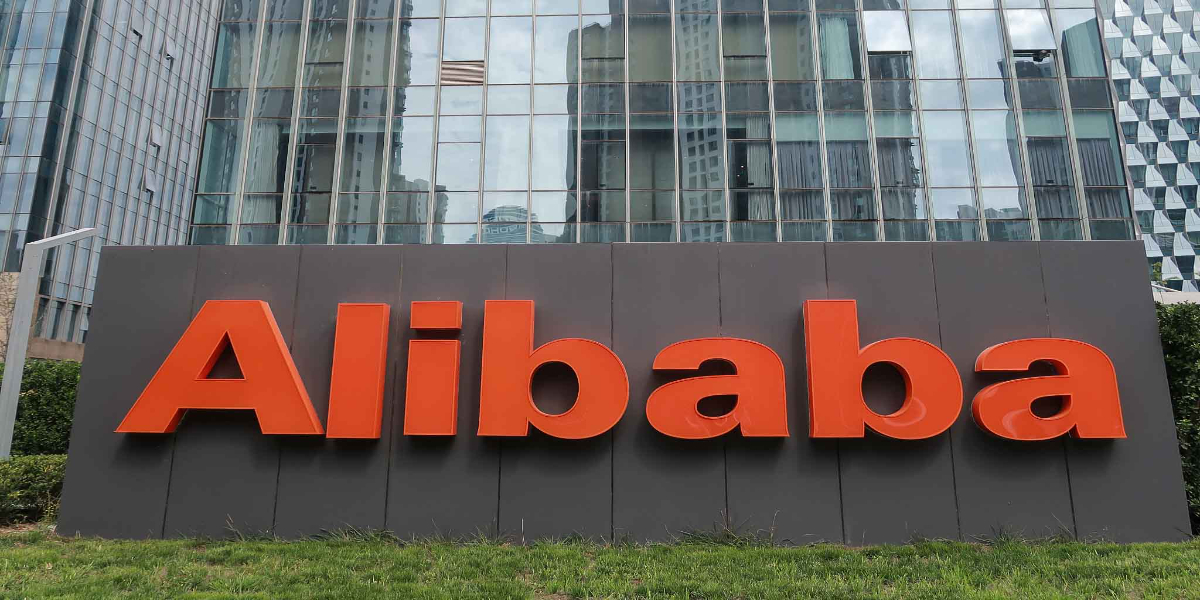Alibaba’s new AI model can generate images from text and understand complex conversations
Alibaba introduced two new AI models, Qwen-VL and Qwen-VL-Chat. The models are...

Alibaba unveils AI system that could surpass ChatGPT
Alibaba, the esteemed Chinese tech conglomerate, has recently unveiled its much-anticipated artificial intelligence system, Tongyi Qianwen, to the general public and businesses across China, commencing on September 13.
Tongyi Qianwen is a formidable language model similar to ChatGPT, tailored to proficiently operate in both the English and Chinese languages. While precise details about its architecture remain undisclosed, early indications suggest that it could potentially boast a remarkable 10 trillion parameters, a remarkable tenfold increase compared to OpenAI’s GPT-4.
However, it is essential to highlight that these claims have yet to be conclusively verified. Prior to this significant release, Alibaba had introduced two open-source models, each endowed with 7 billion parameters and grounded in the Tongyi Qianwen framework.
Significantly, Tongyi Qianwen was initially exclusive to a select group of users during its beta testing phase. Its transition to the public domain aligns with China’s relaxation of artificial intelligence (AI) technology regulations.
In June, the Chinese government issued guidelines stipulating that any AI technology intended for public consumption must undergo a stringent testing and certification process.
These regulations officially came into effect on August 15, prompting numerous prominent Chinese tech giants, including Baidu, Tencent, TikTok, and ByteDance, to seek authorization for the release of their AI models.
These novel regulations also entail specific prohibitions, such as the forbidding of AI-generated depictions of Chinese President Xi Jinping. Companies are now obligated to expeditiously address objectionable content within a three-month timeframe. Although previous drafts of these regulations included monetary penalties, they were subsequently omitted.
In contrast to China’s proactive approach to AI regulation, the United States has taken more preliminary steps in this direction.
Additionally, the regulation of AI technology is gaining international prominence, with the G20 member countries actively contemplating measures to oversee this transformative technology. G20 nations are emphasizing the importance of bolstered data protection and the responsible development of AI as pivotal aspects of their regulatory initiatives.
Catch all the Business News, Breaking News Event and Latest News Updates on The BOL News
Download The BOL News App to get the Daily News Update & Live News.